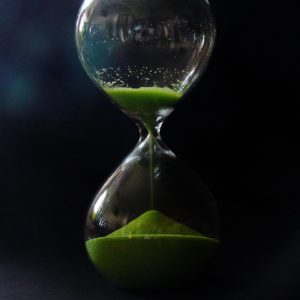The word “sustainable” is overused to the point of becoming almost meaningless in our culture. In principle, though, it’s an easy enough concept. Unsustainable things fail: unable to continue indefinitely. By this logic, sustainable implies the opposite of failure: success.
Note that “sustainable” does not mean some mythical equilibrium, which has never existed for life on this planet. The key condition is that major changes are gradual enough to allow ecological adaptation. When they aren’t, we get mass extinctions—even when it takes tens or hundreds of thousands of years for the precipitating changes to fully develop.
So, step one in assessing sustainability is to ask: what can continue without failing? But the question needs an associated timescale to be meaningful. This post explores timescales on which it makes sense to assess sustainable practices.
Views: 3774

